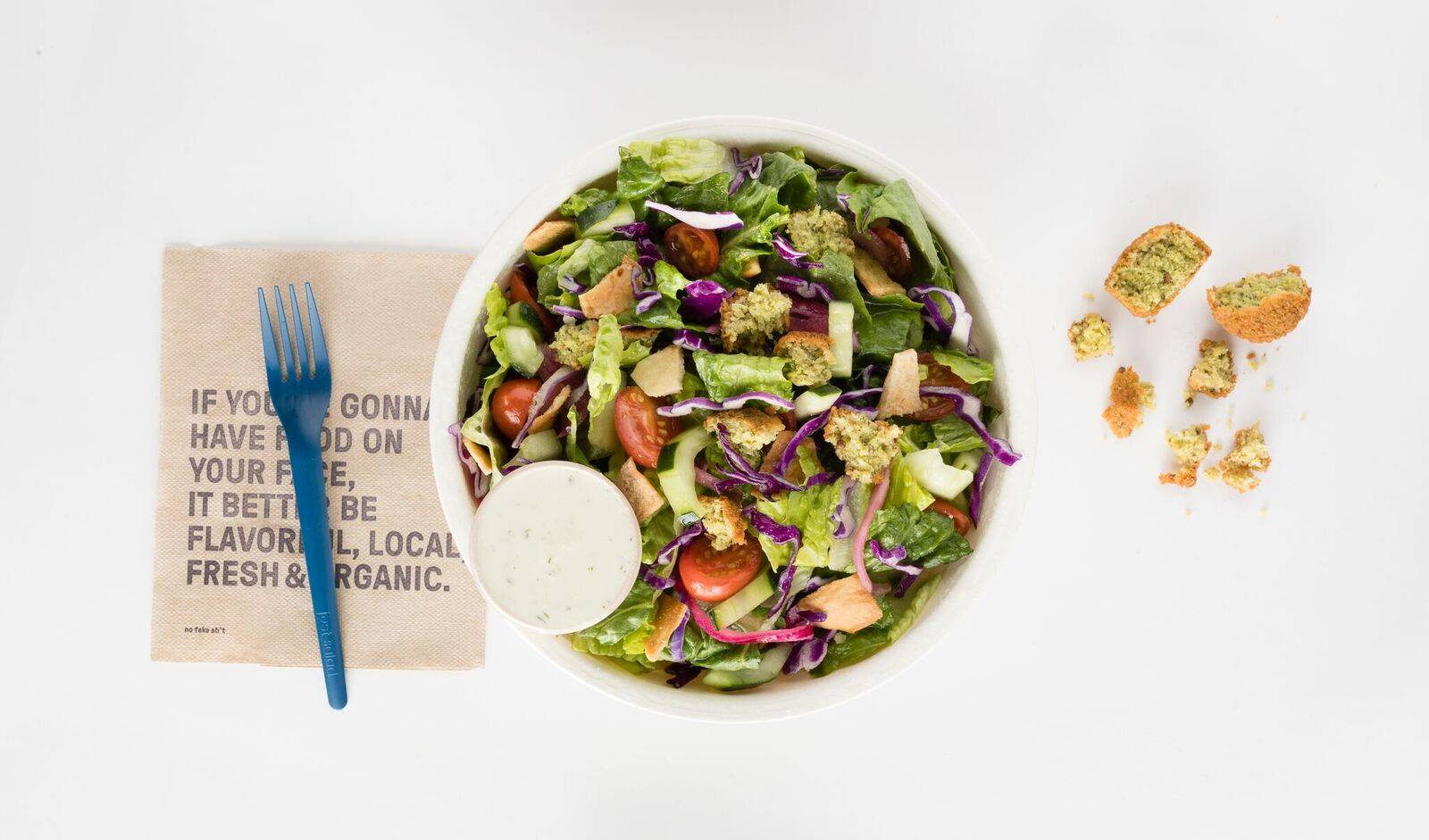Grubhub Starts to Leverage Last Year’s LevelUp Acquisition

Photo Caption: Just Salad is one of the first restaurants to leverage Grubhub and LevelUp's combined product offerings.
Skift Take
As newer third-party delivery companies mature into viable businesses, each will need to differentiate itself in the marketplace. Grubhub's $390 million acquisition of LevelUp offers restaurants a comprehensive way to manage its consumer-facing business and capitalize on opportunity.


